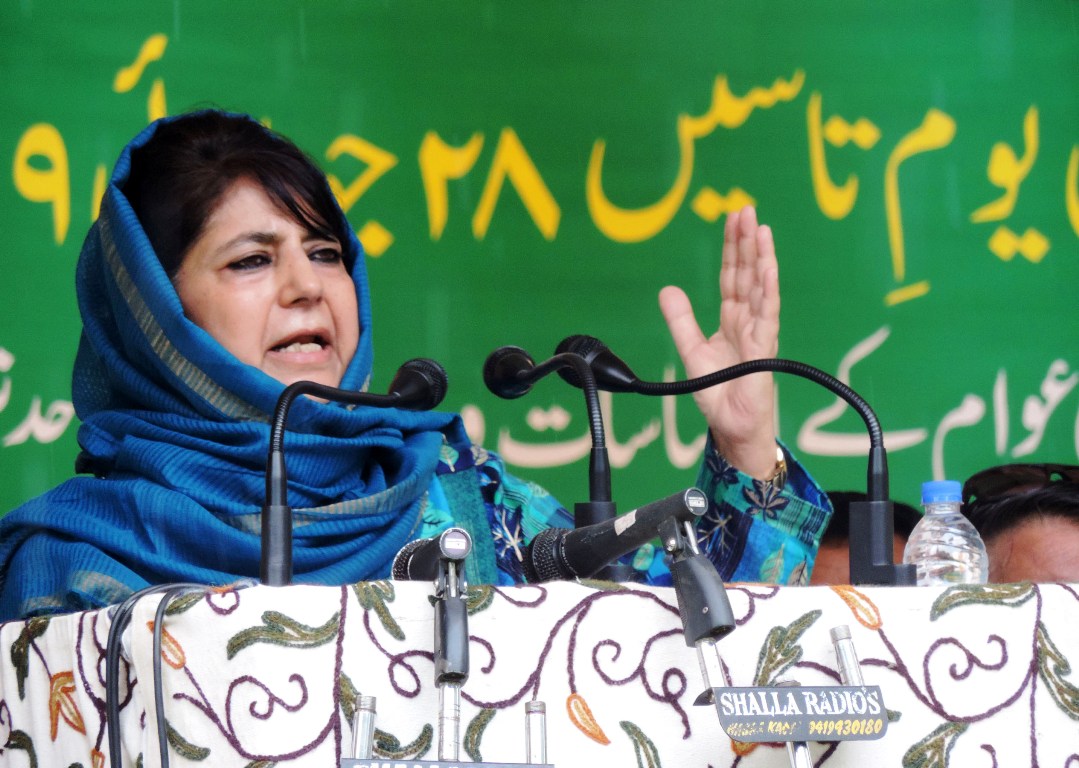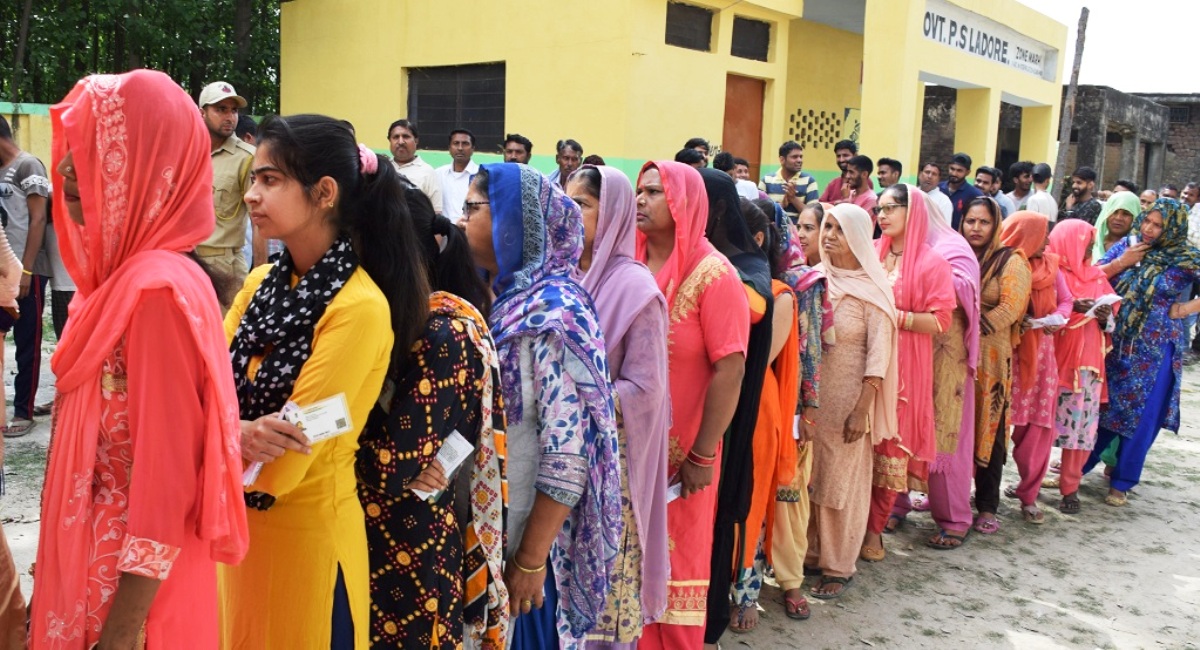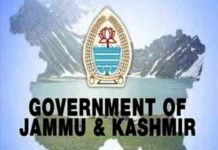Sheikh Hilal
KL NEWS NETWORK
SRINAGAR

To commemorate 6th death anniversary of Asiya and Neelofar—the victims of 2009 Shopian double rape and murder case, a complete shutdown is being observed in this part of south Kashmir.
While shops and schools are closed down, traffic is off the roads to commemorate the incident—that saw valley literally plunging into unabated protests.
The Shopian rape and murder case surfaced after two sister-in-laws, Asiya (17) and Neelofar (22), went missing from their orchard on the way home on May 29, 2009. The next day morning, their bodies were found, both one kilometre apart, under mysterious circumstances.
The villagers alleged that both were raped and murdered by the security forces. A protest called up by a separatist leader turned violent and the administration declared a curfew-like situation lasting for over 47 days.
“Post-mortem conducted revealed no marks on the dead bodies including private parts,” claimed a police handout on May 30 that year. But a day after, the then J-K CM, Omar Abdullah appointed Justice (retired) Muzaffar Jan to carry out the probe and complete the inquiry in one month’s time. The move was apparently taken on face of mounting dissent across the state against the outrageous incident.
The then Superintendent of Police, Dr Haseeb Mughal, and The Chief Prosecuting Officer, Abdul Majid Dar, were to assist in the probe, headed by Justice Jan. The report would be subsequently tabled in the state assembly to make it public.
On June 1, 2009, the High Court Bar Association rejected the probe ordered by the government. The Bar demanded a sitting Judge of High Court or Chief Justice to carry out the probe instead of a retired Justice, Muzaffar Jan. During the same time, prominent separatist leader Syed Ali Shah Geelani demanded Amnesty International to probe the incident and also urged the High Court Bar Association to probe the matter at their own level so that “the people could know the truth”.
However, the Advocate General of Jammu and Kashmir, Muhammad Ishaq Qadri commented that the Commission of Inquiry headed by a sitting or a retired judge does not make any difference regarding the legality of its findings, which are recommendatory in nature in both the cases.
Unionist leader and then opposition leader, Mehbooba Mufti also rejected the government’s inquiry commission into the case in state assembly, and called upon the then prime minister, Dr Manmohan Singh, to review the performance of the state’s ruling coalition personally, as according to her, it had failed to extent of not registering an FIR of rape and murder in the case.
But as soon as the news about the incident spread in the Kashmir, spontaneous protests started. These protests were followed by the strike call by the separatist leaders.
Demands for justice, self-determination and removal of the Indian forces started. As soon as the protests started, police and Indian armed forces in order to halt the protests baton-charged the protesters and fired repeated tear gas canisters. Many separatist leaders were put under house arrest or jailed.
Following widespread protest across the state, JK police finally filed FIR of rape and murder on June 7, 2009.
After passing through twists and turns, finally a CBI investigation report into the case came up—that apparently proved a last nail in the coffin. It said: the duo died due to drowning in Rambi canal—much to the dismay of the family members of the victims, who still fail to understand: “How could our daughters ‘died due to drowning’ in an ankle-deep water body!”















